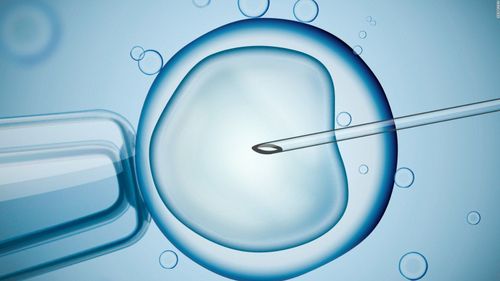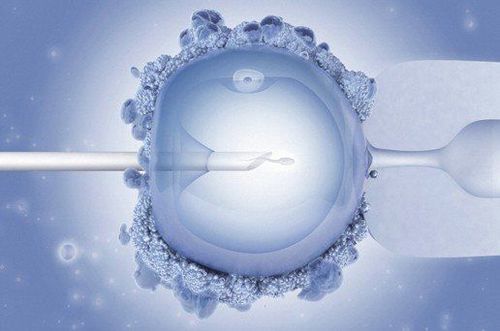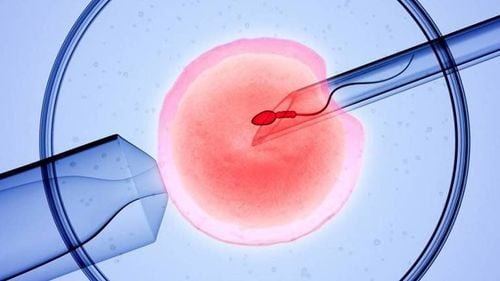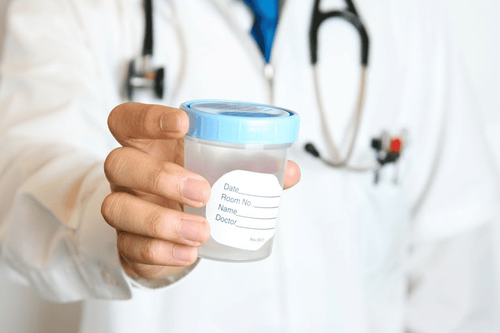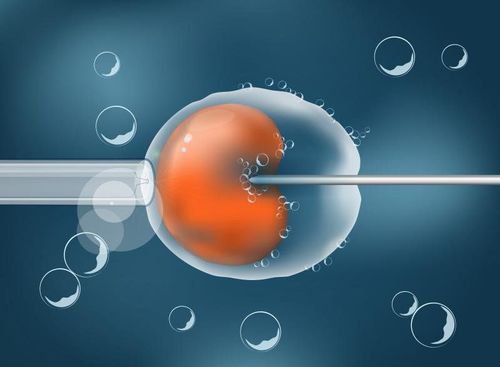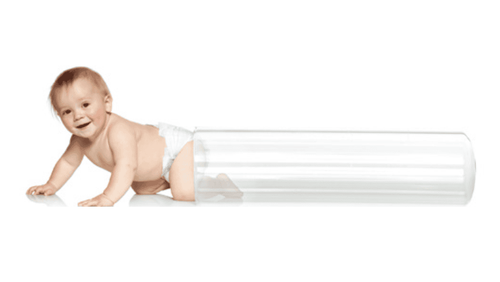This is an automatically translated article.
The article was written by Doctor Do Huy Duong - Vinmec High Technology CenterArtificial insemination (IVF) by intracytoplasmic sperm injection (ICSI) has opened up many new opportunities for infertile couples. This technique has reduced the amount of good sperm input from millions to a few and has become the foundation of fertility treatments globally.
The average pregnancy rate per cycle of IVF is currently just 32 percent. This means that most couples will need to go through several expensive treatment cycles to be able to have children. Sadly, even with repeated treatment, many couples still fail to conceive even with IVF. It is important to understand why IVF fails to improve fertility and reduce the number of cycles needed to have a baby.
1. Reasons for IVF failure
Advanced maternal age Poor egg quality Embryo implant problems Genetic abnormalities in the embryo Sperm quality problems In the past, IVF doctors have focused mainly on clinical problems in the mother without little attention was paid to male factors, including the quality of men's sperm. The common belief is that as long as there are motile spermatozoa available in the semen they are good enough candidates for IVF. Some doctors suggest that poor sperm quality has little to do with unsuccessful IVF and does little to improve men's situation.

Chất lượng tinh trùng gặp vấn đề có thể gây IVF thất bại
2. Semen analysis
Historically, semen analysis has been the only test used to assess sperm quality. It examines several important parameters, but these give doctors a limited understanding of the quality of sperm. Semen analysis is only an observational test. A visual inspection doesn't tell us much about sperm's ability to function - how they actually behave in a natural situation or with IVF.
A more complete, more detailed test has been developed that is the sperm DNA fragmentation test. This test provides information about the percentage of sperm with genetic abnormalities (sperm with fragmented DNA). When this test shows damage to more than 30% of total sperm, the chance of pregnancy is reduced (even with IVF) and the chance of miscarriage is significantly increased. It is clear that sperm with high levels of DNA damage do not perform as well as sperm with normal or low levels of damage.
Sperm DNA fragmentation can lead to:
Failed fertilization Poorly developed embryo No conception Miscarriage or increased likelihood However the degree of DNA damage in sperm can be reduced or improved better. To repair damaged DNA in sperm, we need to understand what causes the damage. Many possibilities include physical conditions, medications, exposure to dangerous chemicals and toxins, and some other common triggers such as:
Varicose veins of the testicles Prostate infections Obstruction of drugs anti-depressant Chemotherapy cancer treatment Fever Drink a lot of coffee Smoking

Hút thuốc lá có thể làm ADN bị hư hỏng trong tinh trùng
Most damage to sperm occurs after they leave the testicles, where they are produced, and enter the reproductive tract (epididymis), where they are stored, transported, and mature. The testicles are a highly protective environment, rich in antioxidants. These chemicals neutralize free radicals that cause DNA damage. Sperm become vulnerable as they move out of that protective environment. They are even more vulnerable when they have mixed with prostate fluid, especially if there is inflammation in the reproductive tract.
By limiting exposure to factors that cause sperm fragmentation, having a suitable lifestyle or even deep penetration into the testicles to obtain good quality sperm (in the case of sperm DNA fragmentation rate). high sperm count) will help improve sperm quality and thereby improve the success rate of artificial insemination techniques.
Located in Vinmec International General Hospital, Vinmec IVF Fertility Support Unit receives technical support from many other departments such as the Institute of Stem Cell and Gene Technology, the Pediatric Center, and the Department of Obstetrics and Gynecology. .. should constantly update and develop new techniques in infertility treatment.
Please dial HOTLINE for more information or register for an appointment HERE. Download MyVinmec app to make appointments faster and to manage your bookings easily.
The article references the source: puahfertility.org



